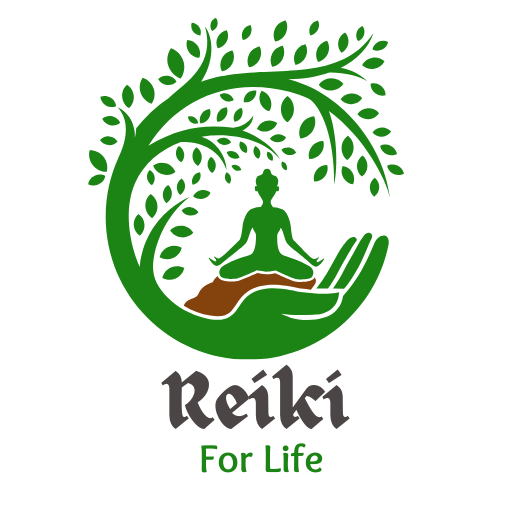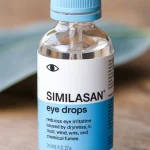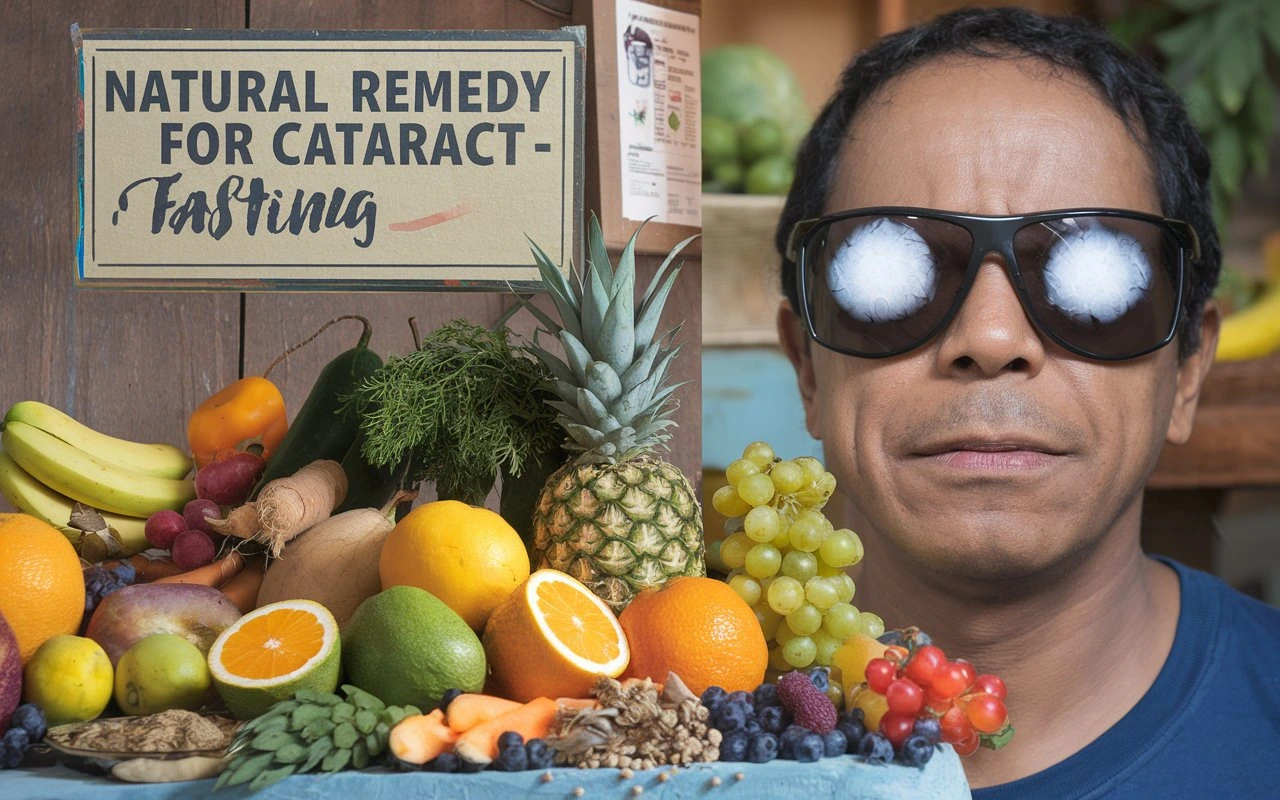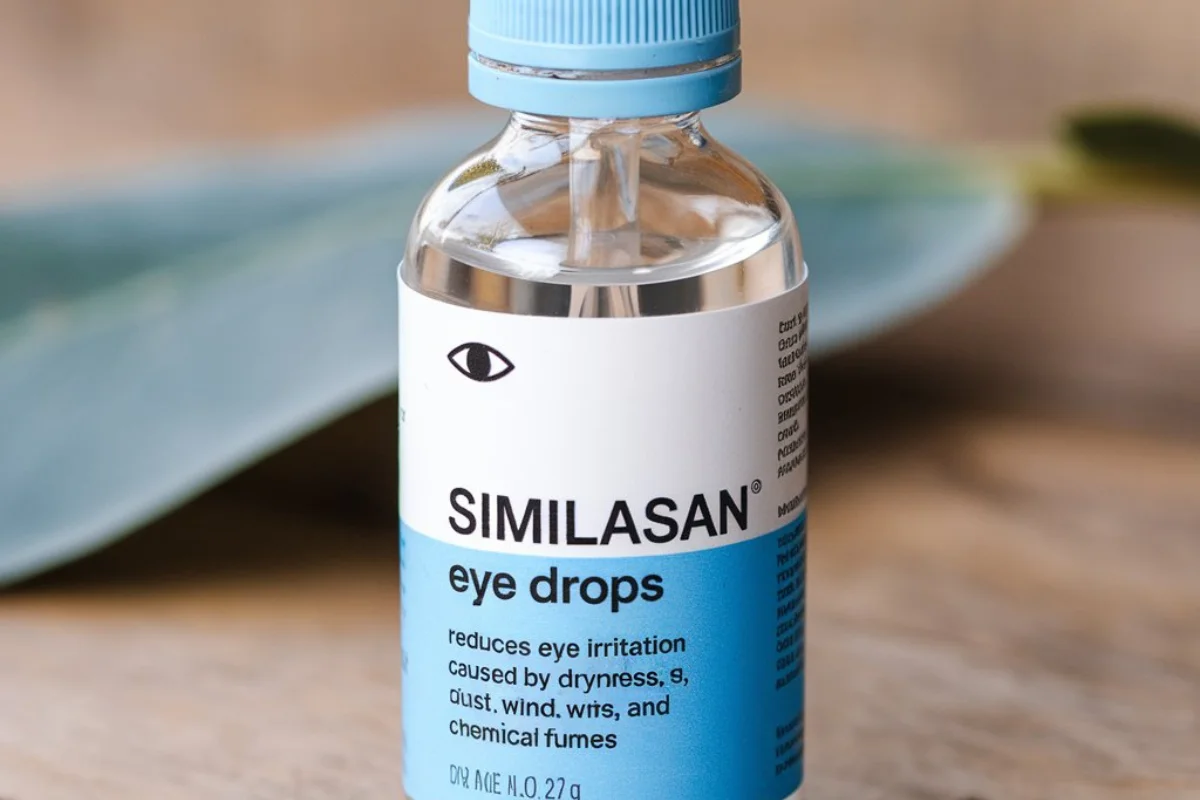Ignored, cataracts—a condition distorting the lens of the eye—can lead to impaired vision affecting millions of individuals globally. While surgery is the most widely utilised treatment, many individuals search for other cataract options. One such method attracting interest is fasting, thought to offer certain advantages for eye condition. This blog investigates the idea of “natural remedy for cataract fasting” and looks at how this habit could help general well-being and eye health.
What Are Cataracts?
A cataract develops when the proteins in the lens of an eye cluster to produce cloudy areas compromising vision. Typical symptoms range from impaired vision to difficulty seeing at night to increased light sensitivity. Among the risk factors include ageing, diabetes, plenty of sun, smoking, and poor nutrition..
Although conventional treatments—such eye surgery—are quite successful—a supplementary method to control cataract development is investigating natural cures like fasting.
Understanding Fasting as a Natural Remedy
A cataract develops when the proteins in the lens of an eye cluster to produce cloudy areas compromising vision. Typical symptoms range from impaired vision to difficulty seeing at night to increased light sensitivity. Among the risk factors include ageing, diabetes, long sun exposure, smoking, and poor nutrition.
While traditional treatments—including eye surgery—are quite successful, looking at natural remedies like fasting is another way to stop cataract formation.
How Fasting May Benefit Cataracts
1. Detoxification
Fasting starts autophagy, a natural process in which the body generates fresh cells by removing damaged ones. This surgery may help clear cellular debris including proteins that drive cataract formation.
2. Reduction of Oxidative Stress
The formation of a cataract is much shaped by oxidative stress brought about by an imbalance of free radicals and antioxidants. Fasting can aid to lower oxidative damage to the eye lens by strengthening the body’s antioxidant defences.
3. Improved Insulin Sensitivity
Common in diabetes, excessive blood sugar levels are well-known cataract risk factor. Through increasing insulin sensitivity, fasting reduces the risk of cataract formation and helps regulate blood sugar levels.
4. Anti-inflammatory Effects
Many medical conditions, including cataracts, have some influence from persistent inflammation. By reducing inflammation, fasting could assist to slow down cataract formation and maintain eyesight.
Types of Fasting for Eye Health
1. Intermittent Fasting
This means juggling periods of eating and fasting. Usually, one fast for sixteen hours then eats for eight hours using the sixteen/eight method.
2. Prolonged Fasting
Sometimes a 24 to 72 hour fast could boost autophagy and other cellular healing systems. Still, this should be carried out under medical advice.
3. Dry Fasting
While short fasting without food and water might increase detoxification, use this approach carefully under instruction.
read more: What Is Mental Health: A Guide to Balanced Living
Complementary Lifestyle Changes
1. Nutrient-Rich Diet
Add foods heavy in antioxidants such vitamins A, C, and E; lutein, and zeaxanthin. Superior choices include green, leafy vegetables, carrots, and citrus fruits.
2. Hydration
Enough water helps in body purification and preserves overall health, hence improving fasting methods.
3. Regular Eye Exercises
Through improved circulation and reduced strain, eye workouts aid to preserve healthy eye condition.
4. Avoiding Risk Factors
Wear sunglasses to lower UV radiation; quit smoking; correctly control chronic conditions like diabetes.
FAQs: Natural Remedy for Cataract Fasting
1. Can cataracts be reversed with diet?
A nutrient-dense diet can assist to slow down cataract formation and preserve general eye health even if it cannot cure them.
2. How does fasting help with cataracts?
Fasting reduces oxidative stress, improves detoxification, and raises insulin sensitivity—all of which would support eye health and slow down cataract development.
3. Are there eye drops that treat cataracts without surgery?
Although several eye medications claim to eradicate cataracts, their strength is yet under scientific review. See an eye doctor for trustworthy options.
4. What foods dissolve cataracts naturally?
Although no meal will dissolve cataracts, antioxidants such lutein and zeaxanthin found in leafy greens and vibrant vegetables may help inhibit their growth.
5. Is fasting safe for everyone?
Not everyone suits for fasting, especially those with some medical problems. See a doctor always before starting a fasting regimen.
Conclusion
Although fasting is a natural cure for cataracts has many advantages, for advanced instances it should not substitute other therapies including surgery. Combining fasting with a good lifestyle and appropriate medical advice helps people to maintain their general well-being and eye condition. Research fasting carefully; always give safety and professional guidance top priority.











